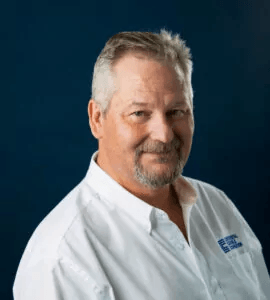Event Summary
Although parts of the EPA’s Good Neighbor Plan have been struck down by the Supreme Court, we are not out of the woods.
The amount of methane from a lean burn engine can be significant.
The EPA has released regulations focused on the transportation of natural gas and any releases of methane, from blowing down compressors, venting pilot gas, compressor seal leaks, and yes, unburned methane emitted in lean burn engine exhaust.
This presentation provides a brief overview of regulations, methods and technology used to improve combustion, reduce methane emissions, and other ways to mitigate the problem.
Attendees will receive 2 Professional Development Hours (PDH) upon completion.
Objectives:
- Understand the key regulatory requirements set forth by the EPA regarding methane emissions in the transportation of natural gas.
- Identify sources of methane emissions, including lean burn engine exhaust, compressor blowdowns, venting pilot gas, and seal leaks.
- Explore technologies and methods used to improve combustion efficiency and reduce methane emissions.
- Evaluate mitigation strategies for reducing environmental impact and ensuring compliance with EPA regulations.
- Gain insight into industry best practices for managing methane emissions effectively.
Who Should Attend
- Engineers and technical personnel working with natural gas transportation and combustion systems.
- Facility managers and operations personnel responsible for emissions control and reporting
| All-Access Pass | FREE |
| Members | $295 |
| Non-Members | $495 |
Meet the Instructor

David Fisher
President, Continental Controls Corporation
- 34 years of engine experience
- Developer and manufacturer of fuel controls for turbine and reciprocation natural gas engines
- Inventor of the ECV5, GOV10, AGV6 & AGV10/50
